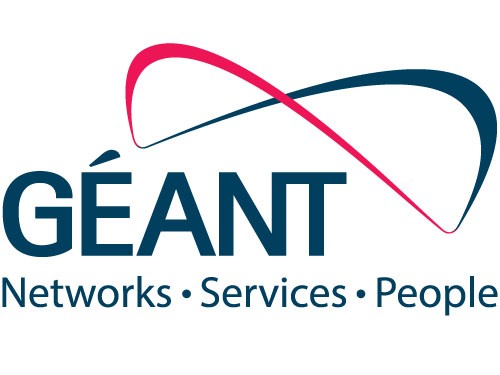EXPECTED OUTCOME
The “GÉANT NOC Best Practice OSA Training” (working title) will be a customized two day training workshop based on some selected parts of the ITIL Service Management framework and would be relevant for R&E NOC participants of all levels who are involved in the management and delivery of services.
The training will be delivered as an intensive, highly interactive workshop consisting of formal presentations, group discussion and scenario based review exercises. The training will focus on selected key processes and concepts from the ITIL framework, thereby ensuring the workshop content is relevant for the R&E NOC community.
The difficulty level of the training will be equal to an ITIL Intermediate level training, intended to build upon the principles covered within the ITIL Foundation training. However, it is also the intention to go beyond the ITIL Foundation level in specific areas, although the workshop will also include a brief introduction to ITIL on day one to enable participants to attend even if they have not previously completed the ITIL Foundation course.
The overall approach will be practical and consultative, ensuring all discussions are in the context of the R&E NOC community. Key workshop training content will be taken from the official ITIL Operational Support and Analysis (OSA) course but will be restructured to provide a shorter, customized workshop for GÉANT.
It is intended that the workshop will also provide a valuable opportunity for participants to reflect on their current NOC working practices, discuss examples of real-world application of the ITIL principles, and identify potential process improvements within their own NOC environment.
To reinforce the training material we would work with participants throughout the training to draw out specific examples and ensure discussions are relevant to the GÉANT community and the specific NOC organizational context.
On completion of the workshop participants will gain an understanding of key OSA best practice principles enabling R&E NOC staff to work together in effectively applying the practices within the community.

